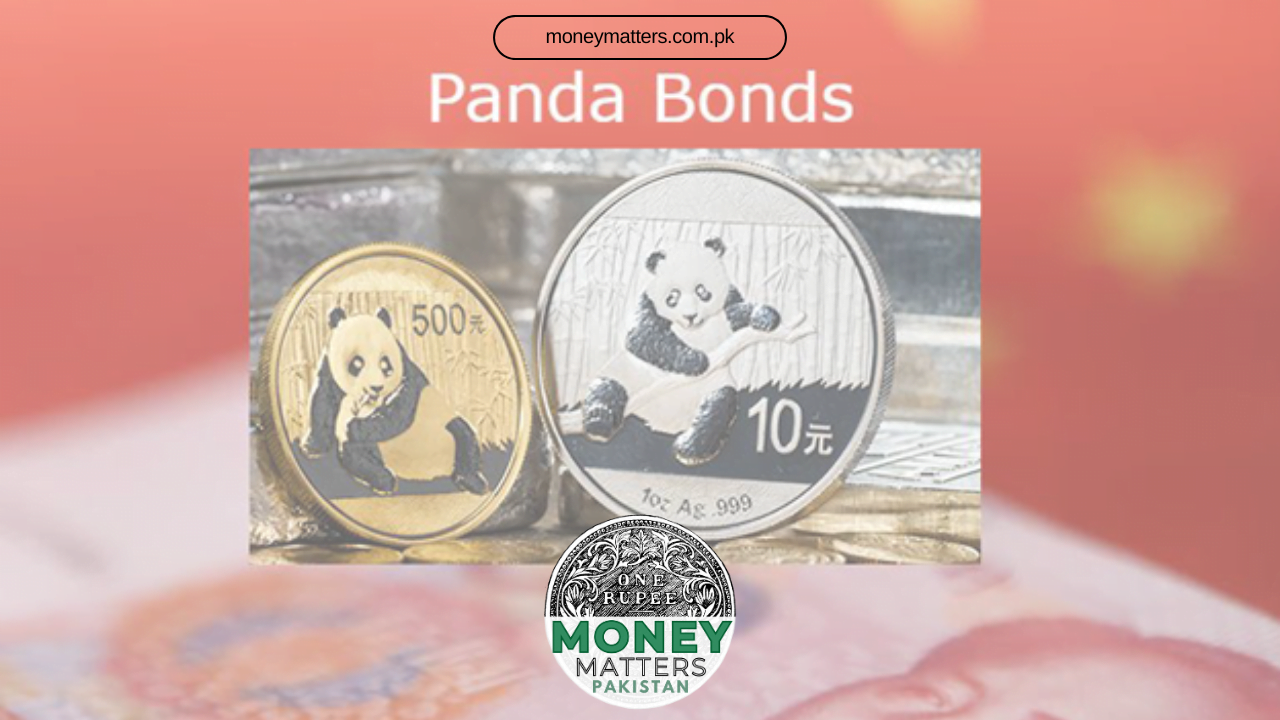Key Takeaways:
• Several Chinese firms have submitted bids to assist Pakistan in issuing Panda bonds
• Pakistan aims to raise up to $300 million through these yuan-denominated bonds
• The country recently secured a $7 billion aid package from the IMF
• Finance Minister emphasizes the need for structural reforms and export-led growth
Chinese Firms Show Interest in Pakistan’s Panda Bond Issuance
A recent report indicates that Pakistan has received multiple proposals from Chinese companies to help with its planned Panda bond issuance. These bonds, denominated in Chinese yuan, would allow Pakistan to tap into the Chinese capital markets for the first time.
Pakistan’s Finance Minister, Muhammad Aurangzeb, recently announced the country’s intention to issue up to $300 million in Panda bonds this year. This move is part of a broader strategy to diversify Pakistan’s funding sources and access new investor markets.
Diverse Proposals Received
The Pakistani government has reportedly received five bids from Chinese firms by the proposal deadline. These include three offers from law firms and two from credit rating agencies. Additionally, two local firms have expressed interest in serving as domestic legal advisors for the bond issuance.
Financial Diversification Strategy
Pakistan’s Finance Minister, Muhammad Aurangzeb, recently announced the country’s intention to issue up to $300 million in Panda bonds this year. This move is part of a broader strategy to diversify Pakistan’s funding sources and access new investor markets.
IMF Aid Package and Credit Rating Updates
The news of Pakistan’s Panda bond plans comes on the heels of a $7 billion aid package agreement with the International Monetary Fund (IMF). This development has led to positive movements in Pakistan’s credit ratings, with Fitch upgrading the country’s long-term foreign-currency issuer default rating to CCC+ from CCC.
Focus on Structural Reforms
Minister Aurangzeb stressed the importance of implementing structural reforms to stabilize the country’s economy. He emphasized that these reforms are crucial if Pakistan wants to make the current IMF program its last.
Export-Led Growth and Foreign Investment
The Finance Minister highlighted the need for an “export-led growth” strategy and attracting foreign direct investment in export-oriented industries. He also emphasized the importance of regaining access to international capital markets to diversify Pakistan’s funding base.




